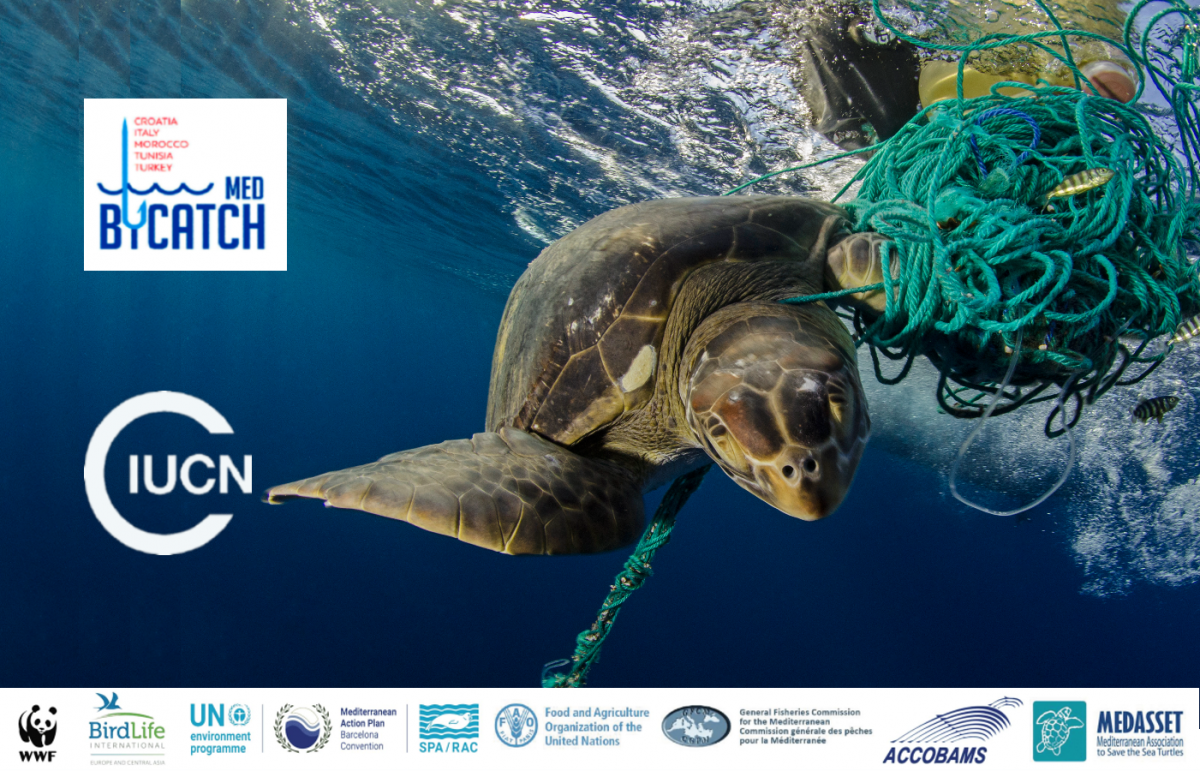IUCN unites its polar and marine work under one Programme
IUCN is proud to announce the extension of its Global Marine Program into the Global Marine and Polar Program.

Photo: NASA Earth Observatory
IUCN is deeply concerned about the emerging impacts on Arctic and Antarctic ecosystems from global climate change. “Fragile polar ecosystems require urgent attention particularly in the face of expanding human activities including shipping, tourism, fishing as well as oil and gas development”, says Carl Gustaf Lundin, Head of the Global Marine and Polar Programme. Recent studies conducted in the Arctic concluded that ocean warming and loss of ice is expected to accelerate, exacerbating major physical, ecological, social and economic changes already underway. IUCN, together with partners, is exploring new ways to preserve and protect the Arctic marine environment in the face of new industrial activities. A first workshop was convened in Washington D.C. on 16-18 June 2010 to discuss regional cooperation in the Arctic marine environment and opportunities to enhance marine Ecosystem-based Management (EbM). Participants represented a multitude of Arctic stakeholders, including government officials from Canada, Sweden, Iceland and the United States, indigenous people’s representatives, NGOs and industry stakeholders. Indigenous people living on continental ice sheet are some of the most exposed populations to sea level rise worldwide. A second workshop is on the agenda for 2-4 November 2010, bringing together scientific experts in Arctic Marine ecosystems to help identify key habitats to be considered for enhanced protection in the Arctic according to internationally-accepted criteria. A final report will be released after the third and final workshop in spring 2011. This report will present policy recommendations on management arrangements to advance ecosystem-based management in the marine Arctic environment and the latest scientific findings on areas of ecological and biological significance or vulnerability that should be considered for enhanced protection in the Arctic. With respect to the Antarctica, GMPP is encouraging and assisting countries, institutions and the private sector to conserve the integrity and diversity of the Antarctic ecosystem. Antarctica is a critically important ecosystem and plays an important role in influencing global climate and oceanic circulation; it is important for research and monitoring which can provide greater understanding of the natural environment and ecological processes, including those modified by human activity. Antarctica is threatened by the expansion of fisheries in the oceans around Antarctica and continued harmful levels of fishing impacts including overfishing of certain fish species, illegal, unreported and unregulated (IUU) fishing, and increasing interest in biological prospecting as well as invasive species. IUCN is working toward ensuring that the intrinsic values of ecosystems and biodiversity in the World’s Polar Region as well as non-material wilderness and scientific values are given proper consideration, and that in those cases where use of natural resources extraction is appropriate, it is done in an equitable and ecologically sustainable way. For more information contact: Dorothée Herr, Marine Programme Officer, IUCN Washington DC Office



